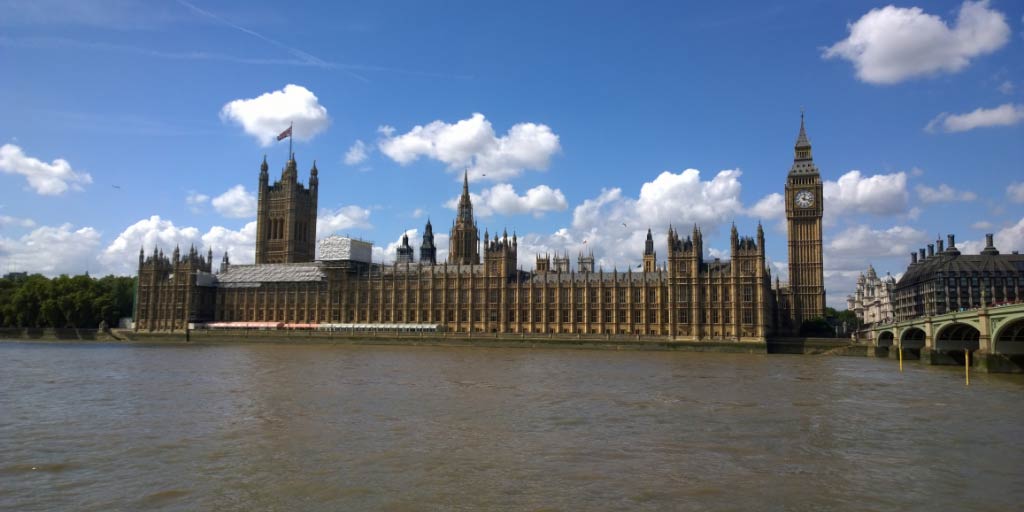This information should not be interpreted as financial, tax or legal advice. Mortgage and loan rates are subject to change.

Categories: government and politics | property market | buy to let mortgages | base rate
After several months of rising mortgage rates, everyone is watching to see when they will track down, with some signals that this may be soon. So, should landlords take a tracker rate mortgage?
Mortgage rates have been driven up by increases in the Base Rate, which were aimed at reducing spiralling inflation. On 15th November, Rishi Sunak and his government celebrated a lowering of inflation to 4.6%, seemingly on track with the PM’s plans.
This, alongside two decisions in a row from the Bank of England to keep the Base Rate unchanged, and the lowering of forward SWAP rates, has meant some are speculating that mortgage rates will start to decline soon.
Consequently, some landlord investors have expressed a desire to go with tracker rate mortgages.
However, whilst the money markets are currently looking good, I would not recommend taking a tracker rate and below I explain why.
Firstly, what are tracker rates and how do they work?
A tracker rate is a type of variable rate mortgage product that’s cost of borrowing is tied to the Bank of England base rate.
The interest borrowers pay would be the base rate, plus a small premium the lender decides.
This means that if the Base Rate goes up, so does the cost of borrowing for tracker rate mortgages. But inversely, if the Base Rate goes down, so does the cost of that mortgage.
Trackers are used typically by those with more risk appetite, as there is a degree of uncertainty built into them.
They are most beneficial to borrowers when there is a probability that the Bank of England will start to reduce the Base Rate – if the borrower is correct, they stand to benefit as the cost of their mortgage reduces. This is why many landlords are considering taking out a tracker rate.
What can cause the Bank of England to reduce the Base Rate?
The Bank of England reduces the Base Rate to stimulate the economy, or when inflation in prices are at or below target levels.
At present, with the Base Rate being at 5.25 percent (the highest it has been in 16 years) it appears as though inflation is responding to the 14 consecutive rate hikes, standing at 4.7 per cent in October 2023– a far cry from the 9.7 per cent experienced one year prior in October 2022.
With two decisions from the Monetary Policy Committee (MPC) in a row seeing the Base Rate unchanged, there is an argument to be made that the Base Rate could begin its descent in the coming year or so, assuming all else stays equal.
However, geopolitical tensions are high, with three distinct and separate conflicts emerging globally.
If any event triggers resources to become scarce, the cost to business may rise and so price increases may follow.
This would lead to central banks, including the Bank of England, to hold or even raise Base Rates again.
Russia and Ukraine
For over a year, Russia has been engaged in a war with Ukraine – and with Russia being one of the primary sources of gas for Europe, we saw energy prices skyrocket – raising the cost of business for certain sectors, which inevitably increased prices.
Similar events may happen again.
Middle-Eastern conflict
After the attack on 7th October, Israel is currently engaged in a war with Hamas.
With Iran beginning to encroach on the northern border, fears rose regarding the conflict spreading throughout the Middle East – this raised the price of oil, as doubts spread regarding its availability.
In turn, the cost of business for certain sectors increased, which may affect prices as the situation develops.
USA and China
Taiwan is home to the chip manufacturer TSMC, which produces approximately 80 percent of all micro-chips used globally – this makes stability in Taiwan very important.
However, the Chinese government considers Taiwan part of mainland China, whilst Taiwan considers itself a country in its own right.
With China becoming a formidable economic competitor to the United States in terms of Gross Domestic Product, all eyes are on whether Taiwan will be the catalyst for a war between the United States and China.
If any significant developments occur, the prices of consumer goods may skyrocket, as resources made to produce them may become scarce.
Tracker rates may not be the best option
So, while at present inflation is responding to the MPC’s decisions to raise interest rates, in my opinion there is too much geopolitical uncertainty to recommend tracker rates.
If events corresponding to any one of these conflicts affects resources enough, we may see central banks having to increase interest rates to curb inflation, and so those with tracker rates may be left having to pay more for borrowing than those who stuck with fixed rates.


